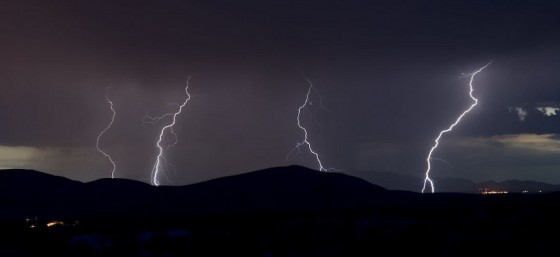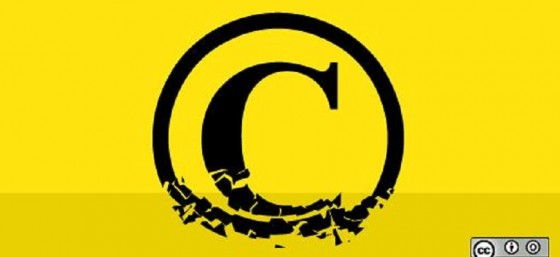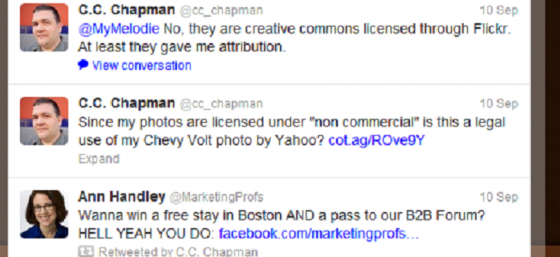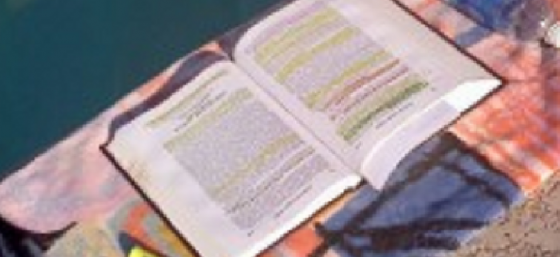I got a message from a photographer friend who said a company is using many photographers’ work on their site without permission. He investigated the company’s copyright policy and was astonished that they make people provide six things to get an image removed. He sent me the link. Here’s what they require:
- Information reasonably sufficient to permit us to contact the complaining party (e.g., address, telephone number and email address);
- A physical or electronic signature of the person authorized to act on behalf of the owner of the copyrighted work(s) that is/are alleged to have been infringed;
- An identification of the copyrighted work(s) you claim is/are being infringed or, if multiple copyrighted works at a single online site are covered by a single notification, a representative list of such works at that site;
- Identification of the material that is claimed to be infringing or to be the subject of infringing activity, and information reasonably sufficient to permit us to locate the material;
- A statement that the complaining party has a good faith belief that use of the material is unauthorized; and
- A statement that the information in the notification is accurate, and under penalty of perjury, that the complaining party is authorized to act on behalf of the owner of an exclusive right that is allegedly infringed.
When I saw the list, I smiled. This is how the Digital Millennium Copyright Act (DMCA) works. When you send a DMCA takedown notice, you have to tell the web host who you are, which of your photos is being used, where they can find the image on the alleged copyright infringer’s site, and you have to promise that you’re telling the truth. If you provide this information, they are required to remove the image from the alleged infringer’s site.
This is what disturbs me about this situation. This company uses many images on its site. As an outsider looking in, it appears that they at least suspect that infringement is happening and their way to dealing with it to remove the infringing images when they’re notified. I would not be surprised to learn that this company outsources their content creation so they wouldn’t know if their use of an image was violating someone’s copyright. I hope they have a policy to fire contractors with a track record of copyright infringement.
Sending a DMCA takedown notice is only one option when a photographer suspects their work is being used without permission. Some photographers opt to send a bill or file a lawsuit against them instead.
If you want a resource that explains the legalities of copyright and social media in plain English, I recommend my book, The Legal Side of Blogging: How Not to get Sued, Fired, Arrested, or Killed. If you want to chat more about this topic, feel free to connect with me on Twitter, Facebook, YouTube, LinkedIn, or you can email me. You can also subscribe to the Carter Law Firm newsletter.
Please visit my homepage for more information about Carter Law Firm.







